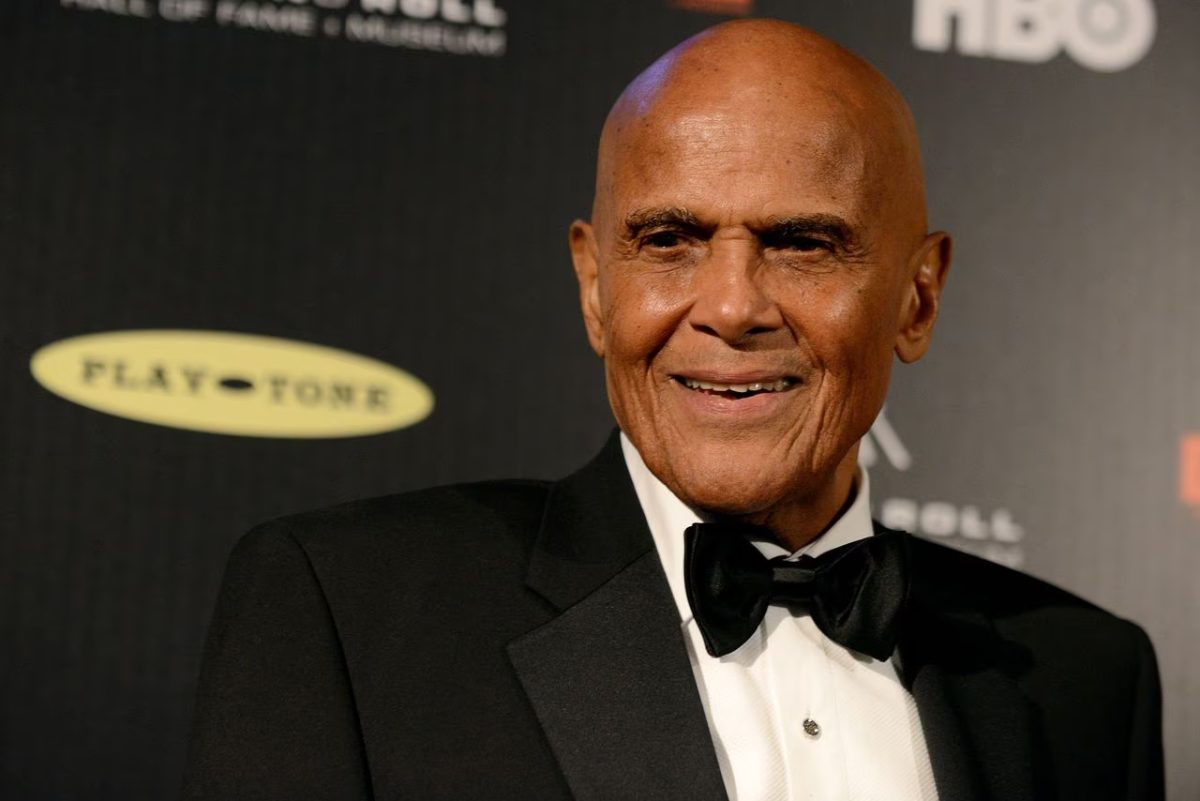Shaggy Pays Tribute To Harry Belafonte, Music Legend And Activist, Who Died At Age 96

Dancehall megastar Shaggy has paid tribute to Harry Belafonte, the American singer, activist and actor, who has died at age 96, after he rocketed to fame during the mid-1950s singing Jamaican Mento folk songs.
“Condolences to the family of the great Harry Belafonte.. activist, Actor ,musician … rest well king!! 🇯🇲,” Shaggy wrote in an Instagram post today.
Shaggy and Conkarah’s 2019 song Banana was a new take on Belafonte’s classic 1956 tune Banana Boat Song (Day-O).
The singer passed away at his home on the Upper West Side of Manhattan on Tuesday morning due to congestive heart failure, as reported by his longtime spokesman, Ken Sunshine.
Belafonte, whose real name was Harold George Bellanfanti Jr., holds the distinction of being the first artist to notch a million sales via an LP. He accomplished this feat with his third studio album, Calypso, released by RCA Victor in 1956.
That album, which became his second consecutive Billboard No. 1 album behind his self-titled Belafonte, peaked for 31 weeks on the chart, and owed much of its success to Day-O (The Banana Boat Song) – which peaked at No. 5 on Billboard’s Pop chart, and was often referred to as Belafonte’s signature song.
Though Calypso has been certified Gold by the Recording Industry Association of America, by today’s standards, Belafonte’s million-selling LP would have been certified Platinum. At the time of its release, the RIAA’s original requirement for a Gold-selling album was selling one million certified units.
In 2018, the National Recording Registry, an extension of the Library of Congress in the US, moved to preserve Belafonte’s Calypso as “culturally, historically or artistically significant” piece of work.
His other projects, An Evening With Belafonte, 1967; Jump-Up Calypso, Belafonte, Belafonte At Carnegie Hall and Belafonte Returns To Carnegie Hall, are all certified Gold, each notching at least 500,000 certified sales.
Belafonte’s long list of notable achievements also includes three Grammys – one for his ambitious and historic project, The Long Road to Freedom: An Anthology of Black Music, another for his 1960 Belafonte At Carnegie Hall and the other for a Grammy Lifetime Achievement Award.
The singer, born to West Indian parents Harold George Bellanfanti, Sr. and Melvine Bellanfanti, was often described as charismatic and captivating, and, at one point, was the most sought-after artist in the US, outshining the likes of Jazz and Blues icons Louis Armstrong and Ella Fitzgerald.
His widespread fame transcended racial boundaries, which meant Belafonte would get access to opportunities some of his peers would not. In 1953, Belafonte would make his Hollywood debut with a role in the Gerald Mayer-directed film, Bright Road, becoming one of the first Black actors to grace the big screen.
Belafonte was also a life-long supporter of Dr. Martin Luther King Jr., whom he noted “nourished his soul”. That and other relationships would foster a spirit of activism in the singer, who made breaking down racial divides one of his life-long goals.
